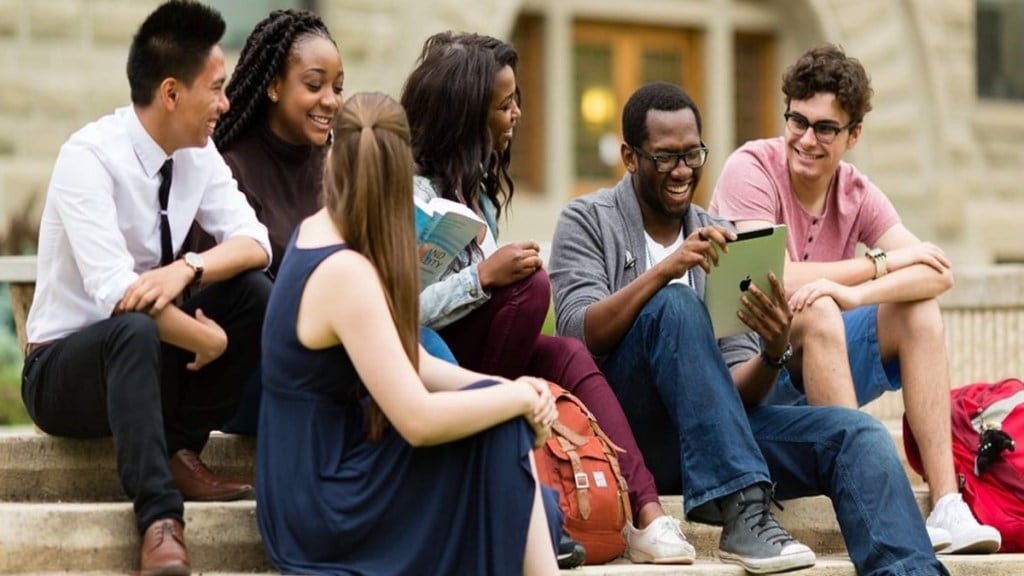By Madhushri Verma
Navigating the U.S. visa interview process can be intimidating for international students who are aspiring to pursue their education in the United States. While the process may appear challenging, careful planning can make the journey to secure a student (F-1) visa easier.
The good news is that many Indian students have successfully obtained a U.S. student visa in recent years. In fact, despite valid worries about delays and rejections, 2023 witnessed a remarkable trend in Indian students opting for education in the U.S. The U.S. State Department issued more than a lakh of F-1 visas to Indian students last year. That’s triple the number in 2019. This significant increase marks a historic moment as Indian students are poised to become the largest group of international students on U.S. university campuses, surpassing the number of students from China for the first time in many years.
Tips for students applying for an F-1 visa to study in US
While visa approval is possible, a few tips and tricks can make a difference in the visa process. It’s always advisable to start the process well in advance, as it can take several months. Once you’ve been accepted, start the visa application process right away.
To prepare, be sure to read and follow the instructions carefully and verify that the visa requirements are the most recent. You’ll need to fill out the required application forms, collate all essential documents, and arrange an interview at the embassy or consulate in India. Additionally, it’s crucial to be prepared for the possibility that the consular officer may request further details or documentation during the interview.
Be prepared to explain why you chose the university you plan to attend, why you’re pursuing your chosen course of study, what your career goals are, and how your degree program will help you attain your goals. This is your opportunity to express your enthusiasm and knowledge and persuade the consular officer you’re committed and serious about your education and career. In addition to your academic and career goals, make sure to bring up any relevant achievements.
The consular officer will also review your financial resources during your interview. Universities will issue a formal document (Form I-20) detailing the cost of your degree program and your funding plans. Be prepared to share supporting documents such as bank account statements, loan documents and scholarship certificates. The consular officer prefers financial statements in U.S. dollar denominations, issued by an American firm, and under your name and ownership (not in your parent’s or a relative’s name).
It’s extremely important to be confident and positive throughout the interview process. To improve confidence and composure, practice answering questions in front of a mirror or with family or friends. The consular officers are looking for serious and committed students with the potential to succeed in the United States. Dressing professionally for the interview will help express that confidence and show your determination to reach your educational aspirations.
It’s also important to understand that the visa interview is not a test, and there are no right or wrong answers to any questions. The consular officer’s goal is to judge a student’s potential for success in the United States and determine whether approving a student visa is in the best interests of all parties concerned. Be confident and genuine and demonstrate your knowledge, passion, enthusiasm, and integrity to increase your chances of success.
(Author is head of strategic communications for MPOWER Financing)
